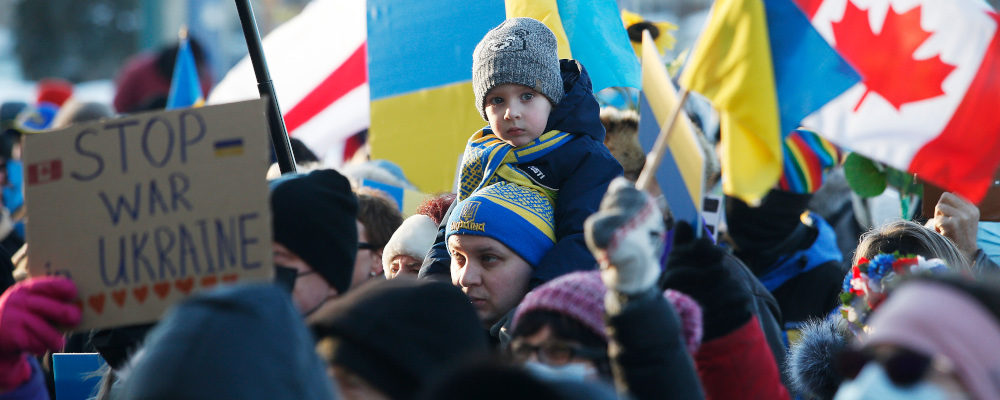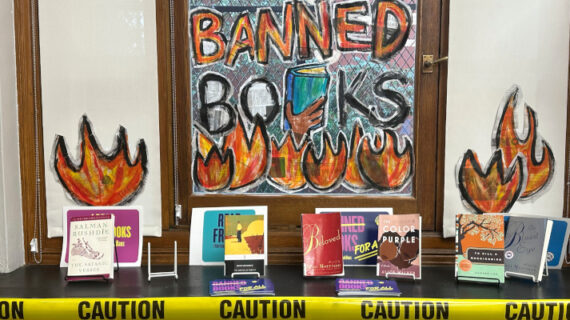When I planned this piece a few days ago, I intended to write about the fall of democracy worldwide and the difficulties it faced around the world. Is democracy over? Are we looking at a new world order driven by authoritarianism? Although there are over 100 countries that classify as some form of democracy—from complete, flawed, or hybrid—many are losing ground and losing it fast.
Until last week.
We now live in a new world, a world unintentionally created by Vladimir Putin when he decided to upend the old-world order and declare war on Ukraine.
We are witnessing a global political shift. More importantly, we are seeing a resurgence of democracy itself, a renewed loyalty to the principles of freedom and the right for people to determine their destinies. A bit romantic, but true nonetheless. Democracies around the world have found their voice. Every country in the EU supports Ukraine’s right to join the European community and choose its own future. The citizens of Ukraine show that they would rather die than live under Putin’s authoritarian regime and his band of sycophantic oligarchs. And free democracies are joining the fight. Germany has broken its longstanding commitment not to ship arms to conflict zones. They are now sending anti-tank and Stinger anti-aircraft weapons to Ukraine’s army. That’s a head-spinning reversal in Germany’s defence policy that shifted in just 48 hours.
Democracy is not only not dead, it has found its voice, a voice many believed to have been buried under the weight of economic, political malaise, and indecision.
In their book, How Democracies Die, authors Steven Levitsky and Daniel Ziblatt argued that authoritarian leaders like Trump had attacked the very foundation of trust that provides the glue holding democracies together. One of those principles is respect for the electoral process. Vote counts are never perfect, but Trump’s constant attack on the system’s integrity began to tear at the fabric of the Constitution that has lasted over two centuries. According to Levitsky and Ziblatt, the unwritten rules of forbearance and trust are the main principles that hold democracies together. They are the rivets that kept constitutions together. Trump was ripping away at those unwritten rules.
Yale University historian Timothy Snyder argues that democratic backsliding in young and old democracies, along with aggressive political extremes, are chipping away at the democratic norms and structures, not much different than what happened in Italy and Germany in the 20s and 30s. Throw in some modern social media and authoritarian rulers like Orban, Putin, Trump, and you begin to see a different future where democracy slowly fades away. Cambridge university political scientist David Runciman, author of How Democracy Ends, sees modern democracy as going through a mid-life crisis, not knowing what to do with itself as it swings from one crisis to another. He may be right that all forms of government eventually disappear. But his speculations about what replaces democracy, including a form of “pragmatic authoritarianism” or something called “epistocracy,” rule by the best and brightest, are dead ends.
There’s little debate that democracy has many flaws because most political and social issues are complex. What isn’t under question is democracy itself as a popular form of government. Runciman reminds us that casting a ballot is still the only way to confer respect for the individual’s voice. As flawed as democracy is, Ukraine shows that people will fight hard to retain that voice.
Before the war in Ukraine, I intended to point out that history seems to produce leaders when we need them, but this time we were out of luck. I was wrong. Who could have imagined that an actor and unassuming comedian would become a symbol of courage and leadership worldwide, or that Angela Merkel’s successor, Olaf Scholz, would surprise the world with a resolve to lead Europe against tyranny? Even Switzerland and Sweden have come out of their self-imposed shells of neutrality—that even Hitler couldn’t budge—to join the fight. Democracy has a way of surprising.




